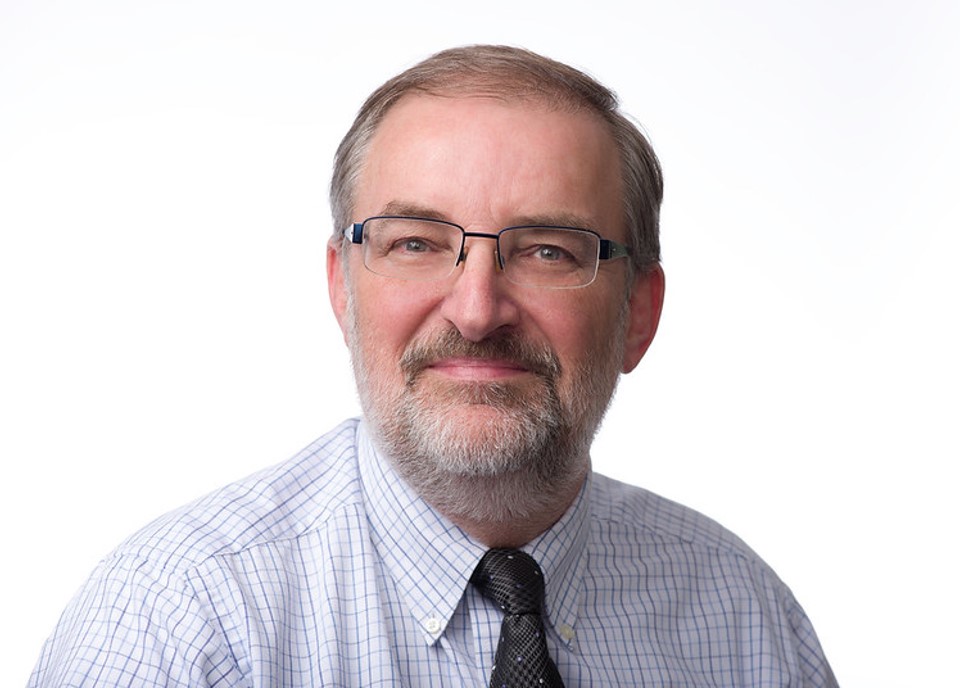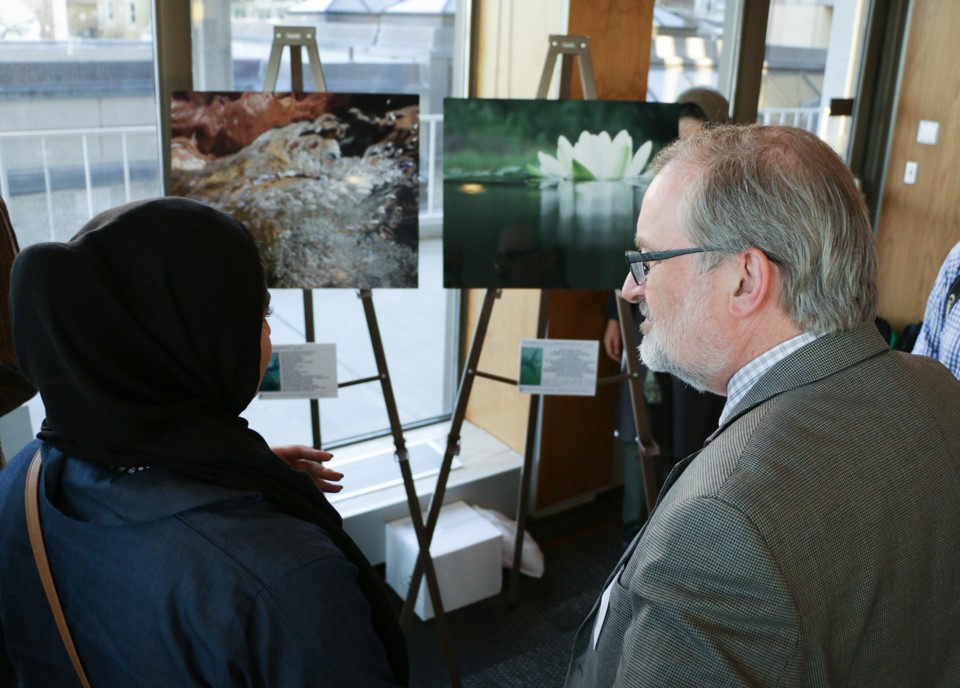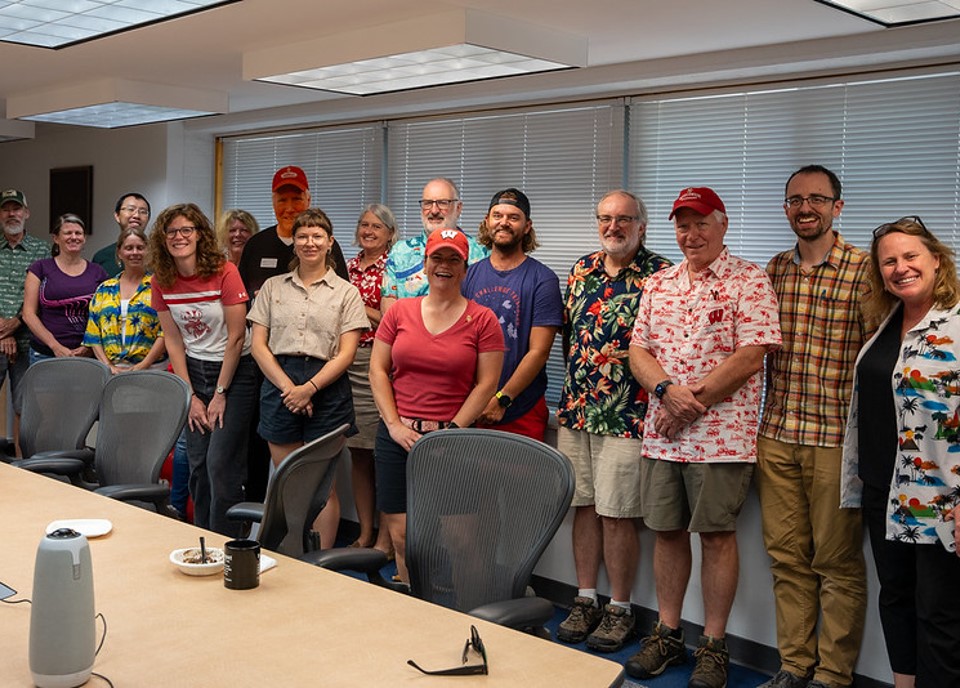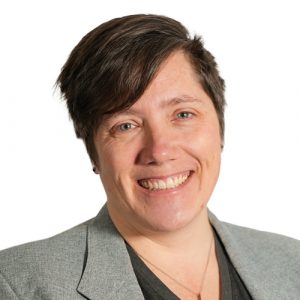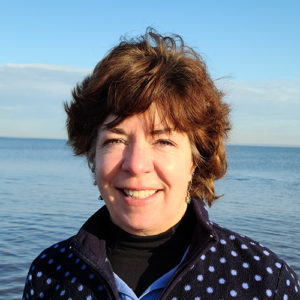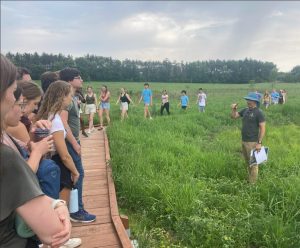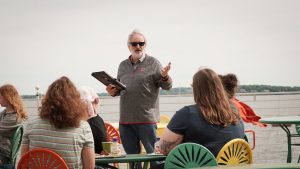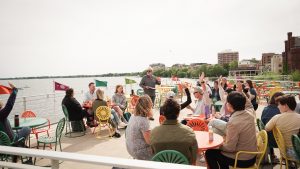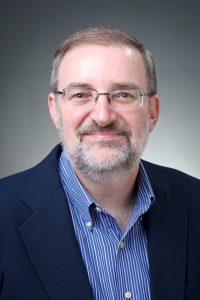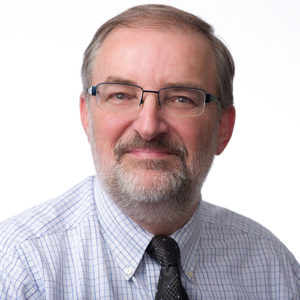Making the world a better place
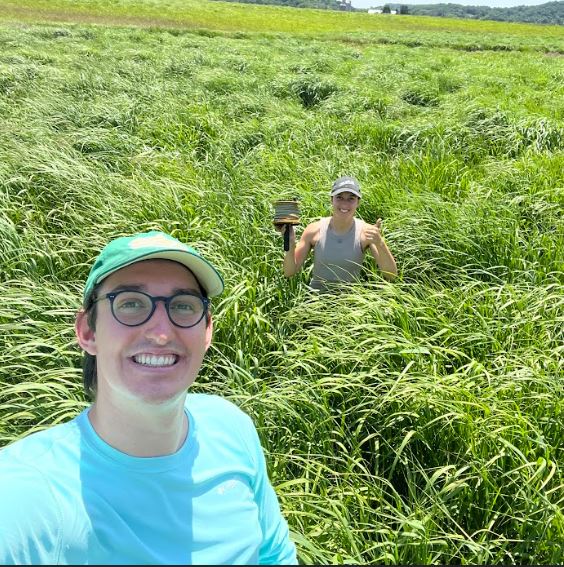
Melina Dennis (center) conducting field research this summer. Image credit: Submitted photo
By Melina Dennis, Freshwater Collaborative summer research student
This summer, 31 students from across the country were chosen for the University of Wisconsin-Madison’s Freshwater@UW Summer Research Opportunities Program, which is affiliated with Wisconsin Sea Grant, the University of Wisconsin Water Resources Institute and the University of Wisconsin-Madison Graduate School. Many of the students provided reflections on what they learned. We’ll share several over the coming months. Here’s the third, from Melina Dennis, an undergraduate senior in environmental engineering from the Oneida Reservation in Wisconsin.
This summer I worked in UW-Madison’s Hydroecology Lab, which is in the Civil and Environmental Engineering Department under Steve Loehide. I worked with my grad student mentor, Eric Kastelic, on studying groundwater flooding in Dane County.
Before this program, I had limited knowledge about graduate school. I was interested in furthering my education, but I didn’t know how graduate school worked or what it looked like for the fields I am interested in. I have since learned an enormous amount from working in a research lab, and from the professional development seminars the program hosted.
At the beginning of the program, we had a seminar on science communication. The seminar touched on the importance of making science accessible to nonscientists and gave me a point of resonance for why I am doing this in the first place: to help people. As I went through the program, I was pleasantly surprised to meet more and more people who felt the same way. At the forefront of a lot of people’s work was the hope of making the world a better place for others.
My mentor hosted a graduate student panel for one of the seminars. I gained insight into the life of graduate students, the process of finding a graduate program, differences between types of graduate degrees, how funding works, and so much more. Another seminar covered funding more in depth. I learned more about the many sources of it, differences in funding across degrees and programs, how to have conversations about funding your degree, and how to apply for common types of grants.
We also had seminars focused on career development. Staff from the U.S. Geological Survey (USGS) came in and gave us information about working in the federal government. I got a lot of useful and intriguing information about careers with USGS, paths to employment with them, and benefits of working for a federal agency. I can see myself working for USGS after graduate school, as what they do aligns with the goals and values I have for my career. By working in the research lab with my mentor, I developed technical skills that are directly applicable to my career goals, including computer programs and physical tools used in research and the public sector of my field. I had many fun field days where I got to see how data is collected and collect some of my own.
I now have a much better picture of graduate school and how it can help me achieve my career goals. I also feel more prepared in pursuing graduate school. I am grateful for this program and all the valuable information I received.
The post Making the world a better place first appeared on Wisconsin Sea Grant.Blog | Wisconsin Sea Grant
https://www.seagrant.wisc.edu/blog/making-the-world-a-better-place/

